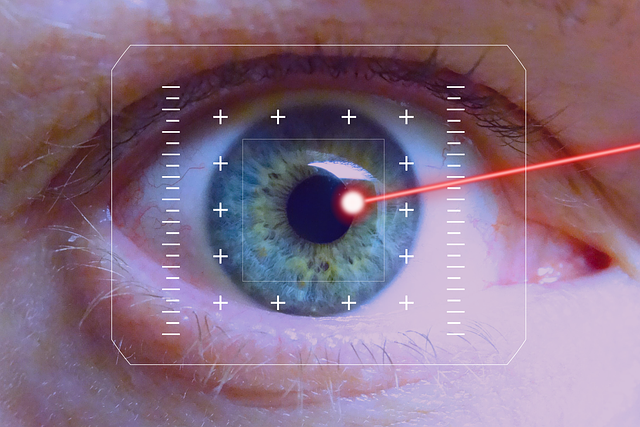14 August, 2006
Posted by: manojtd on 14/08/06 at 02:06 PM
At one hand you appear to be saying something almost trivial – that our human senses cannot give us a direct experience of reality at the microscopic or cosmological scale.
What I’m saying is something quite close. At the microscopic (or subatominic or subnuclear) level, the limitations of our senses are obvious. But, at the cosmological scale, the limitations are not quite so obvious because they manifest themselves as rather complicated distortions.
On another hand is the ideas that somehow reality is constructed by our senses.
Phenomenal reality is constructed by the brain based on the sensory inputs, which is why the limitations of the senses (the speed of light being one) become a part of our reality. The sensory inputs themselves are generated by an unknowable physical reality of which our sensed reality is a model or representation. The crux of my argument is this distinction between the phenomenal reality and the physical reality behind it.
I would argue that our deepest and most profound concepts of physics (and hence reality) have nothing to do with our senses, the speed of light and so on. No one has ever seen an electron, but nature behaves in such ways as if such things exist. The same goes for all sorts of concepts. They are not created by our limited senses, but by their explanatory simplicity when it comes to describing phenomena we can experience ( such as tracks in a bubble chamber). We have no direct sensory input of an electron!! condensation bubbles in the cloud chamber – yes, but not the electron.
From my limited understanding of philosophy, I think the belief in concepts like electrons and special relativity is what they call scientific realism. Our common sense also is based on scientific realism. It is a good philosophical stance and has given us enormous technological advantages. However, it is a philosophical stance. Another, equally valid, stance would be to think of the constructs like electrons and special relativity as practical tools that give the right answers and make the right predictions. Correct me if I’m wrong, I think this stance is pragmatic epistemology. My stance is closer to this one. Quantum mechanics, in my opinion, cannot be interpreted as a picture of reality, but only as a pragmatic tool. The advantage of this stance (again in my opinion) is that you are not terribly attached to tools and constructs as you would be to truth and reality. That makes it easier to reinterpret special relativity (for instance) as a formalization of certain perceptual effects, or to understand GRBs and DRAGNs as light travel time effects. If explanatory simplicity is one criterion for scientific validity, this view has a lot going for it.
To summarize, yes, you can take the useful philosophical stance that an electron is real. But it is not real the same way the keyboard you are typing on is real. For instance, if I told you that the keyboard is there only when you try to type on it and the rest of the time it is in a combined waveform with a few other objects around it, you may consider me crazy. But you would readily accept such a picture for an electron.
Thanks again for taking the time to share your views with me. I’m afraid we have digressed quite a bit from the thread topic the Qi though 🙂
About my book: http://www.theunrealuniverse.com/
More about me: https://www.thulasidas.com/
